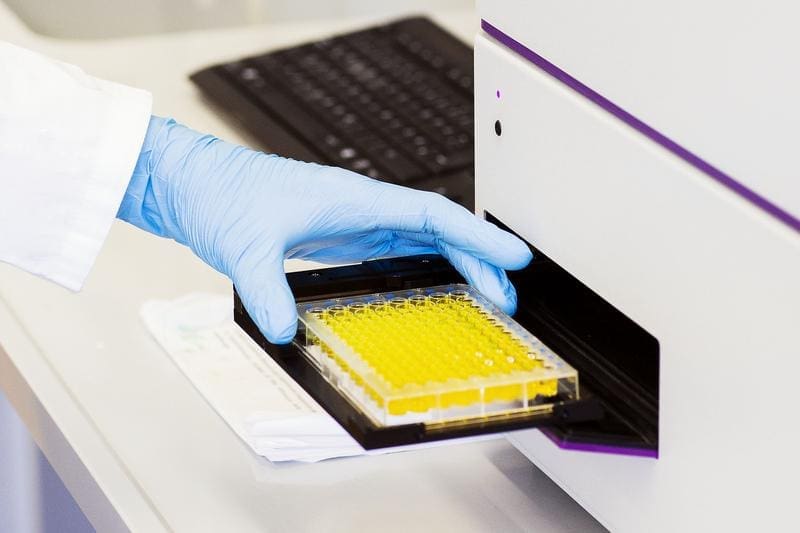Beta-carotene identified as key against enzyme inhibition
Enzymes are essential for metabolic processes in the body, plants and industry, but around 20 percent of them slow down or stop working under excessive stress – a phenomenon known as substrate inhibition. Researchers at the Technical University of Munich (TUM) have now decoded the mechanism of this inhibition for the first time and discovered that beta-carotene can weaken it. The findings could improve the effect of medicines and make industrial processes more efficient.
Enzymes are indispensable, whether for digestion, making fluffy bread or cleaning clothes. Normally, their activity increases with the quantity of molecules to be processed. However, in the case of substrate inhibition, too high a concentration of molecules leads to a slowed or stopped reaction. This can reduce the effectiveness of drugs or impair efficiency in food production and industrial cleaning. Until now, it was unclear exactly how this mechanism works, although it is assumed that it serves to regulate cells.

The team led by Professor Wilfried Schwab, holder of the Chair of Biotechnology of Natural Products, investigated an enzyme in the tobacco plant that converts defense substances (phenols) into protective substances against pests or diseases by binding sugar molecules. The study showed that the order of docking is decisive: if the sugar molecule binds first and then the phenol, the enzyme works effectively. However, if too many phenols dock first, substrate inhibition occurs and the conversion stalls – an effect that increases with increasing phenol concentration.
Another groundbreaking discovery: beta-carotene can attenuate substrate inhibition. It competes with the phenols for the same binding sites on the enzyme and thus prevents too many phenols from docking first. This keeps the enzyme active. The researchers built on earlier findings, but were surprised at how effective beta-carotene is. Nevertheless, they emphasize that beta-carotene is not a panacea – the right balance is crucial to optimize enzyme function.
The findings open up new research avenues that could improve drug development, food production and industrial processes in the long term. The study shows how targeted molecular approaches can increase the efficiency of enzymes and prevent unwanted inhibition, which promises far-reaching applications in biotechnology and medicine.
Original Paper:
Editorial office: X-Press Journalistenbû¥ro GbR
Gender note. The personal designations used in this text always refer equally to female, male and diverse persons. Double/triple references and gendered designations are avoided for the sake of better readability ected.




